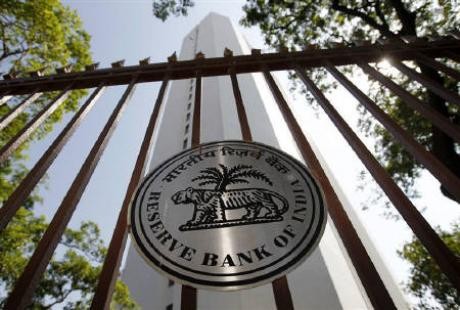 DTC 2010 and SEZs
DTC 2010 and SEZs
India has 105 operational (21,214 hectares) and another 631 Special Economic Zones (SEZs) under various stages of approval (see DTZ report on ‘SEZs in India’ June 2010). These zones are the only tax havens in India after the likely expiry of STPI/EOU scheme in March 2011 and have seen healthy interest from occupiers as well as developers. These forces now undergo a modification. The new Direct Taxes Code (DTC 2010) bill, proposes to alter the tax framework of SEZs. As tax benefits are one of the key demand drivers of SEZs, the changes proposed under the new bill are expected to have significant implications on all stakeholders of real estate in India. This analysis by DTZ takes a deeper look at DTC 2010 provisions related to SEZs to understand its implications on various stakeholders.
Proposed changes in DTC
Under new DTC, changes are proposed in the applicability and coverage of Income Tax, Minimum Alternate Tax (MAT) and Dividend Distribution Tax (DDT) to SEZs.
Current provisions: Today, SEZ developers are fully exempted from paying income tax for a period of 10 years, during a block of first 15 years. Similarly, SEZ
units get 100% tax exemption on profits earned during first five years, a 50% exemption during next five years and another 50% exemption on re-invested profits in the following five years. MAT is not applicable to SEZ developer/unit.





